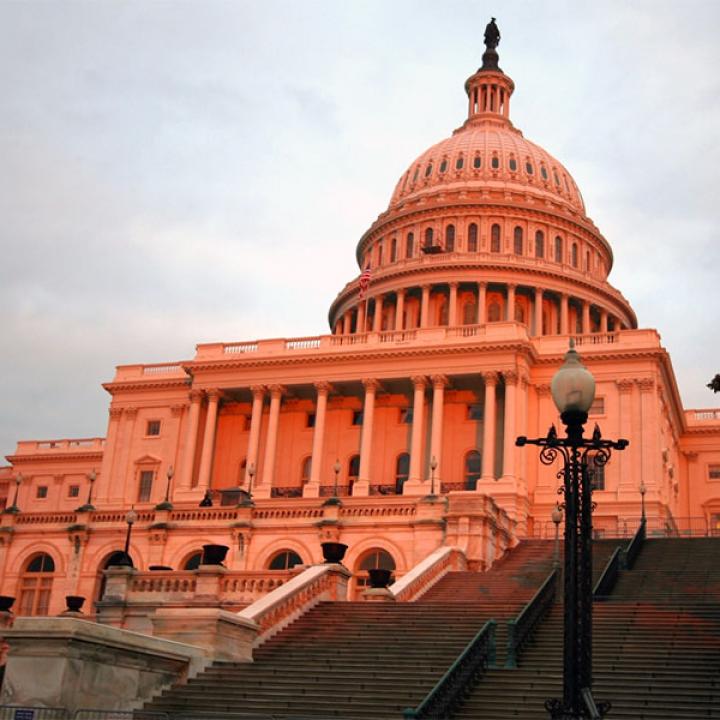
- Policy Analysis
- Congressional Testimony
Assessing the U.S.-Qatar Relationship

The Institute's leading counterterrorism expert discusses Washington's ties with the Gulf country, contending that Qatar must take substantive, verifiable steps to address the shortcomings in its posture toward Islamist extremism.
The following is an excerpt from Dr. Levitt's prepared remarks before the House Subcommittee on the Middle East and North Africa. To read his full testimony, download the PDF.
Qatar has been a longtime ally of the United States and hosts the largest U.S. military base in the Middle East. However, the United States has also long criticized the Qatari government for its lax counterterrorism policies, and in particular shortcomings regarding efforts to combat terrorist financing. Since early June, a coalition of four Arab nations -- Saudi Arabia, the United Arab Emirates, Egypt, and Bahrain -- has cut off diplomatic and trade relations with Qatar over what they describe as Doha's "financing, adopting, and sheltering extremists." The Qatar crisis has been exacerbated by conflicting statements coming out of the Trump administration, and threatens to undermine the sense of shared mission to counter terrorism that was the intended purpose of the recent Riyadh summit. Moving forward, it is critical to bring this Gulf crisis to a close and the best way to do that would be to find face-saving but substantive and verifiable ways for Qatar to address the most serious shortcomings in its counterterrorism and counterextremism posture.
Some of the recent accusations made against Qatar are exaggerated, blown out of proportion, or simply not based on fact -- consider the release today of a documentary by a UAE-funded media outlet alleging Qatari involvement in the September 11 attacks. But many of the claims against Qatar are substantive and focus on long-simmering issues that Doha should have addressed a long time ago. I will address some of these today.
In recent years, Qatar has housed leaders from Hamas, the Muslim Brotherhood, and the Taliban, and has also provided a platform for extremist leaders to spread their ideology through shows on Al-Jazeera. In 2014, then Treasury undersecretary of terrorism and financial intelligence David Cohen reported that Qatar has openly financed Hamas for many years, and continues to contribute to regional instability. Cohen also noted that Qatar has supported other extremist groups operating in Syria. "To say the least," he concluded, "this threatens to aggravate an already volatile situation in a particularly dangerous and unwelcome manner." While Cohen recognized that Qatar had made previous efforts to address terrorist financing, he called on the government in Doha to continue working with the U.S. to combat terrorist financing and, in particular, to deal with the ongoing solicitation of donations that fund extremist insurgents under the guise of humanitarian work. According to Cohen, this phenomenon had become increasingly popular.
Although in the past two weeks Qatar has signed a memorandum of understanding on combating terrorism finance with the United States and also reformed its 2004 antiterrorism law, there are still many measures that the Qatari government should take to seriously combat terrorism. Qatar's new law allows for the creation of a national designation list, but it was published without an annex of persons or entities to be designated under that authority. Qatar should populate that list, in a transparent manner, starting with those individuals already designated by the U.S. Treasury Department and the United Nations who remain at large and may be continuing to fund and provide material support to al-Qaeda and other extremist groups. Qatar must continue to take steps to hold these individuals responsible, as well as impose and follow through with comprehensive legislation that will prevent terrorist activity within and outside of its borders...
House Foreign Affairs Committee




